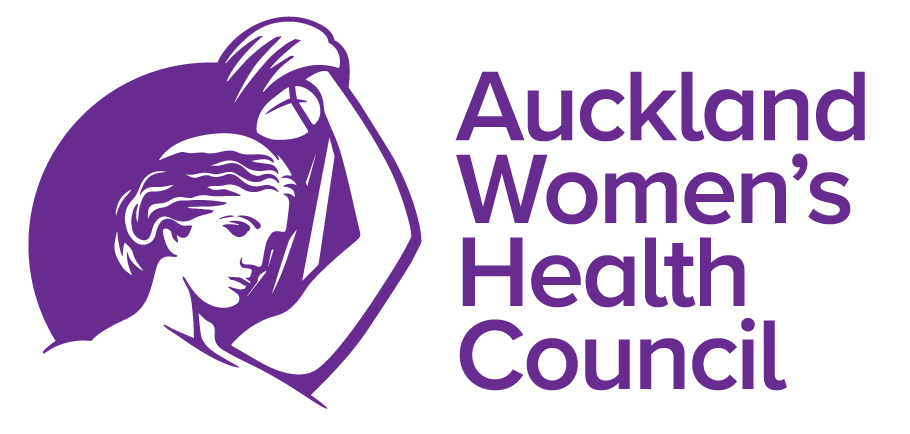It is hard to imagine any other year so nationally and globally focussed on health than 2020. One would probably have to go back to the Spanish ‘flu epidemic of 1918-19 to find something with similar impact on a global scale, back in a time when it took most people six weeks by boat to travel from New Zealand to Europe, and almost a century before news stories, reports and data zoomed around the world in milliseconds via cyberspace, bringing information (and misinformation) to us, often on handheld devices, 24/7.
For many New Zealanders, the only health issue this year is Covid-19. It is entirely appropriate that we – as a nation and as a global community – have had a massive response to the emergence of the disease caused by a novel coronavirus. But we should not lose sight of the very many other illnesses and conditions that affect our people, reducing their quality of life and limiting their life spans, preventing them from a long life lived predominantly in a state of health and wellness. We should not forget about the myriad health issues that demand addressing in this country. In fact, those with pre-existing health issues, such as cancer, cardiovascular disease, respiratory conditions and diabetes, are more vulnerable to the worst effects of Covid-19.
Sometime after the 23rd of October, and irrespective of which political party or parties form the Government, we will have a new Minister of Health. No doubt the Covid response, including economic recovery, will remain the biggest single issue to occupy the Government for many months to come. Although we recognise that all health issues must be considered against a back drop of an infectious disease that has significantly changed our world and the way in which we live in it, the Government cannot afford to ignore other pressing issues in the health sector.
The Auckland Women’s Health Council has spent more than 32 years addressing the issues that impact on women’s health and well-being in Aotearoa New Zealand. Over that time progress has been made in many areas of health in this country from the establishment of Health and Disability Code of Rights in the 1990s, to the removal of abortion from the Crimes Act, and the enacting of the Abortion Legislation Act 2020 in March this year, aligning abortion services with the provision of other health services.
We ask that whoever is appointed as the new Minister of Health, whoever is appointed, will address what we consider to be some of the most pressing issues in the health sector that prevent many New Zealanders from living long healthy lives, specifically:
- the inequities and disparities affecting Māori, Pasifika and women with disabilities;
- the ongoing issues around facilitating patients to provide truly informed consent to medical tests and procedures as provided for in the Code of Rights;
- the flaws in the Health and Disability Commission and complaints process;
- the inadequate response to the surgical mesh crisis, which undermines any confidence that consumers might have that their health and well-being will be protected from flawed medical devices in future;
- the issues in the provision of maternity services, including the closing of provincial birthing units and the ongoing midwifery staffing crisis;
- the impact of socio-economic factors and poverty on health (education, occupation and income, homelessness, inadequate and poor-quality housing, domestic violence; tobacco and alcohol consumption);
- consumer representation and engagement of consumers with their own health, health policy and the DHBs.
Sue Claridge
